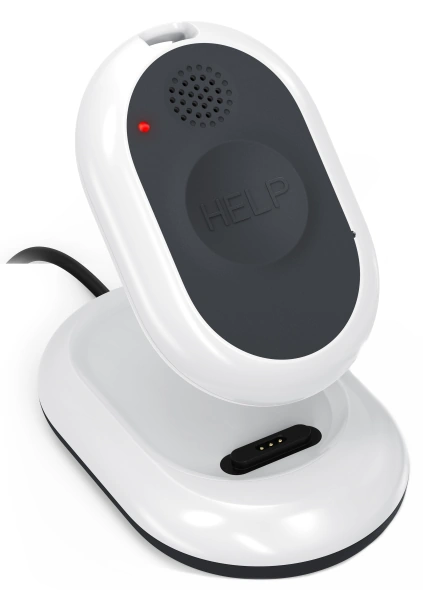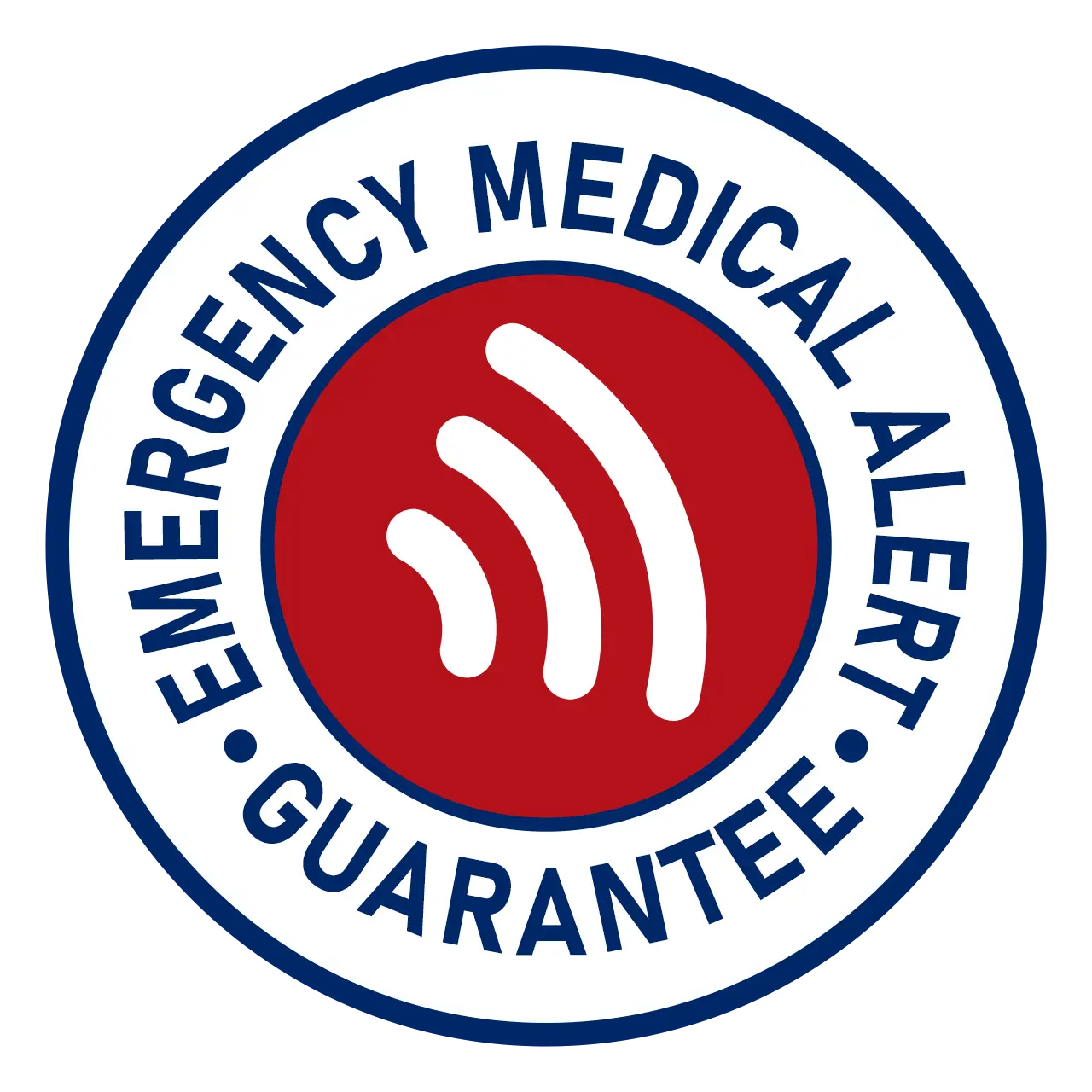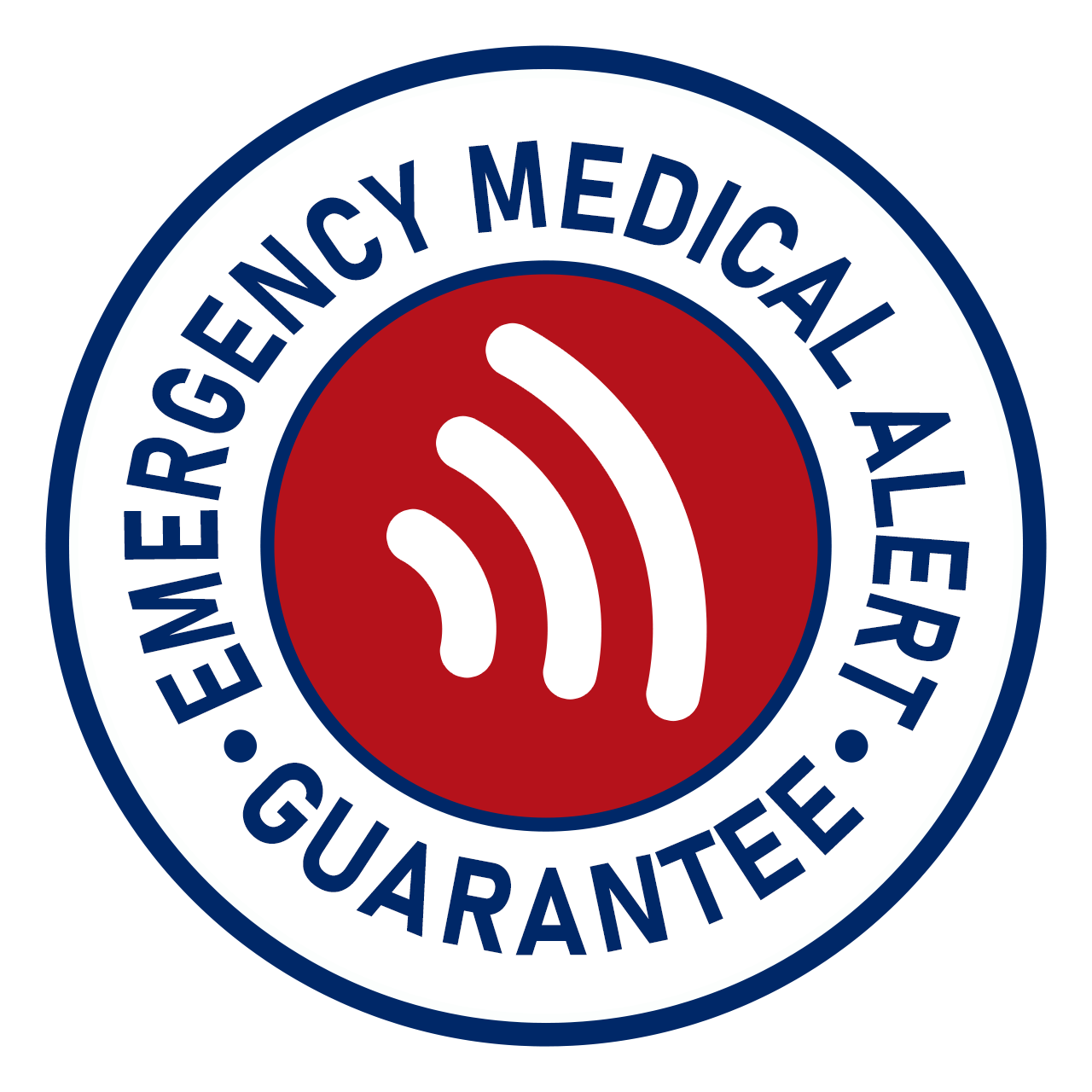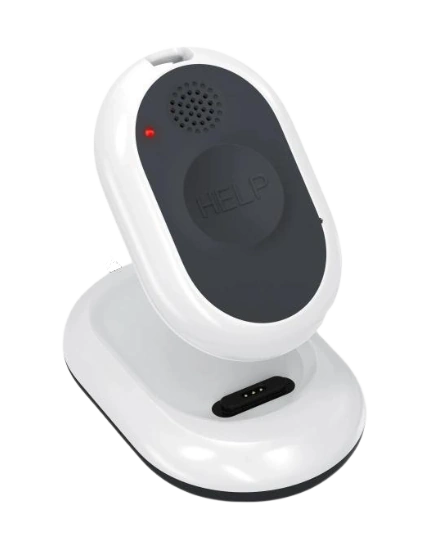Everything You Need To Know About The Food Allowance Card For Seniors On Medicare
Key Takeaway
The Medicare food allowance card helps eligible seniors buy healthy groceries by adding monthly or quarterly funds to a prepaid card through certain Medicare Advantage plans. It improves access to nutritious food, reduces out-of-pocket costs, and supports better health and independence for older adults with limited incomes.
Elderly Americans encounter substantial hurdles when managing health and everyday costs, particularly regarding food affordability. The food allowance card for seniors on medicare seniors supports qualified individuals by helping them obtain nutritious food for purchase.
Some Medicare Advantage plans provide seniors with this specific benefit, which guarantees their ability to purchase healthy food options without financial strain. The program functions as a practical support method to enhance wellness standards for older Americans.
This article provides details about eligible participants for the card benefits while explaining coverage conditions and application procedures, and describing the special advantages available to Medicare-eligible seniors.
Who Qualifies For The Food Allowance Card On Medicare?
Participation in a Medicare Advantage plan, including the Food Allowance benefit, constitutes the main requirement to obtain this card. Senior citizens need to review their Medicare
Advantage plan selections for a food allowance provision because the benefit exists only in certain plans.
Through contracts between private insurance companies and Medicare, this benefit program becomes accessible, but availability depends on both state location and specific insurance providers.
A person needs Medicare Part A hospital insurance and Part B medical insurance to receive benefits. Seniors who have chronic conditions or come from limited income brackets, or lack nutritional support, usually receive first priority when accessing such benefits.
Special Needs Plans (SNPs) that focus on individuals with chronic illnesses, together with Medicare and Medicaid eligibility, tend to provide the food allowance benefit.
Seniors must enroll in one of the eligible health plans, but must also satisfy the health and income requirements set by the insurance provider. The allowance requires seniors to pass both health assessment testing and demonstrate specific nutritional risks before getting approved.
Each insurance provider sets distinct eligibility criteria for plan membership; therefore, seniors should verify individual requirements directly with their selected provider.
What Does The Food Allowance Card On Medicare Cover?
The Food Allowance Card operates to assist senior citizens in buying basic food products as well as health-promoting food items.
The food allowance card for seniors on medicare enables beneficiaries to buy various wholesome food products like fruits, along with vegetables, whole grains and dairy items, lean meat items, and nutritious staples, even though specific coverage rules differ across plans.
The benefits of many plans extend to the purchase of bottled water, together with meal replacements, as well as over-the-counter nutrition shakes.
The Food Allowance Card does not extend validity for the purchase of household products or alcohol or tobacco or prepared hot foods, or non-food items. The program continues to aid elderly people in sustaining a nutritious diet through financial grocery shopping assistance.
Food allowance plans work either exclusively with particular stores or enable owners to use their benefit across many different store chains, including Walmart, Kroger, CVS, and more.
The monthly or quarterly scheduled funding deposited to the card enables its usage until the next funding period begins.
How To Apply For A Food Allowance Card On Medicare?
The process to obtain a Food Allowance Card begins by picking a Medicare Advantage plan containing this feature.
Required food allowances within Original Medicare Part A and Part B coverage are not available to seniors; therefore, they must enroll in Medicare Part C through private insurers that provide this benefit.
Here’s how the application process generally works:
- Research Eligible Plans:
Senior citizens can discover Medicare Advantage plans in their location that offer food benefits by using the Medicare Plan Finder tool or working with licensed insurance agents.
Additionally, check the coverage scope and total expenses between plans when reviewing the nutrition benefits.
- Enroll During An Enrollment Period: You need to enroll during certain periods to obtain a Medicare Advantage plan through Annual Enrollment Period (October 15 to December 7) and Initial Enrollment Period (around your 65th birthday) as well as Special Enrollment Period by meeting specific criteria related to life events such as moving or losing other coverage.
- Provide Necessary Information:
The enrollment process requires authentication of personal information, along with medical background data, along potential health risk evaluation tests.
Provider systems use the information to evaluate your qualifications for additional bonus benefits that include food coverage.
- Activate The Card: Enrolled members who pass the approval process will get their Food Allowance Card through postal delivery. Activation requires following the provided instructions to enable the card before balance checks lead you to start using the card at all participating vendors.
Read all terms and conditions associated with your plan because they explain the benefit operation and the frequency of fund additions to your card.
Benefits Of Food Allowance Card On Medicare For the Elderly
The Food Allowance Card offers a variety of benefits that support both the health and financial well-being of seniors.
Improved Access To Nutritious Food
Access to nutritious food through the Food Allowance Card becomes possible for elderly citizens regularly. Most older adults experience difficulties paying for fresh fruits and whole foods, which causes them to maintain poor nutrition habits.
Using this benefit enables senior citizens to buy grocery essentials, which promotes better health outcomes while preventing malnutrition and helps control diabetes, along with hypertension and heart diseases.
During the improvement of nutritional health, adults experience higher energy levels together with increased autonomy.
Reduced Out-Of-Pocket Expenses
Seniors who receive a fixed monthly income struggle to pay bills for groceries because they amount to a significant portion of their money.
The Food Allowance Card functions to reduce food costs as it provides limited funds dedicated to food shopping on a monthly or quarterly basis.
The financial support offered by the Food Allowance Card enables seniors to cut back on commercial expenditures so they can spend their limited money on crucial requirements such as medications, utility costs, and transportation services.
The card provides financial relief that produces substantial benefits in the lifestyle standard of people experiencing economic hardship.
Convenient And Easy To Use
Shoppers find the card simple to use because it functions as a debit card system at point-of-sale terminals. Customers can process most cards through the swipe terminal at checkout counters, and certain cards provide mobile apps that help users view their balances and search for stores.
Conclusion
The Medicare-approved Food Allowance Card provides practical assistance for elderly citizens that enables better health outcomes while giving them both independence and reduced financial burdens.
The essential grocery coverage through this program enables seniors to obtain better nutrition and experience decreased anxiety for themselves and their families. The Food Allowance Card produces essential benefits for senior citizens' overall wellness.























